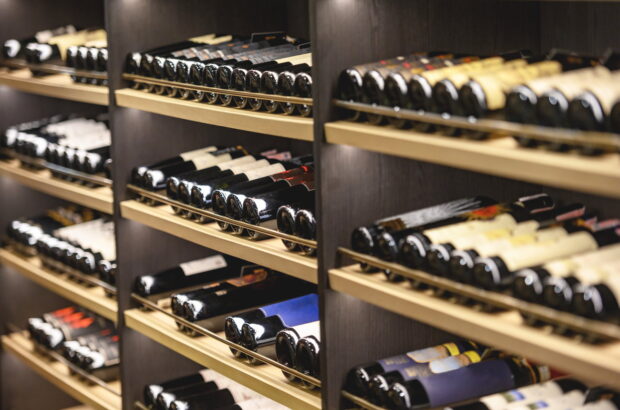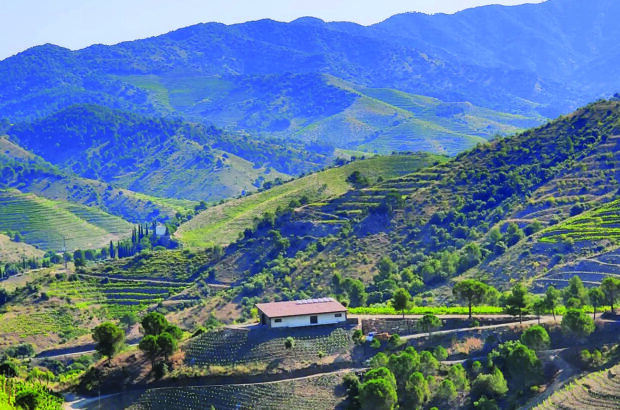Chris Harrow, by email, asks: I read that German producers were unable to make any eiswin this year due to climate change causing warmer than usual weather. What will they do with all the grapes destined for those wines? Would it be too late to use them for anything else?
Anne Krebiehl MW, a regular contributor to Decanter and author of The Wines of Germany, replies: The initial press release that made these headlines drew its data mainly from the federal state of Rheinland-Pfalz, which proportionally includes most German vineyards across the regions of Pfalz, Mosel, Ahr, Rheinhessen and Nahe. In other regions however, such as Württemberg and Baden, winemakers were able to harvest eiswein.
In the meantime, the German Wine Institute has amended its press release to reflect that, still noting that German eiswein from the 2019 vintage is an ‘absolute rarity’.
Eiswein is made from grapes that are left on the vine in known frost pockets, on the off-chance that there will be a cold night with the required frost of -7°C. In most years this happened more or less reliably, but that is no longer the case.
The frosts also tend to come later now, after Christmas rather than before, which also diminishes the likelihood of the grapes still being healthy before being frozen.
Also, in low-yielding vintages winemakers are less likely to leave grapes on the vine. Any grapes that are left and don’t freeze end up rotting, so they go to waste.
The last really successful eiswein vintages were 2012 and 2015. But even if an eiswein harvest is successful, yields are minuscule and precious. Climate change does mean that in the future German eiswein will be even more of a rarity than it already is.
This question first appeared in the June 2020 issue of Decanter magazine.












